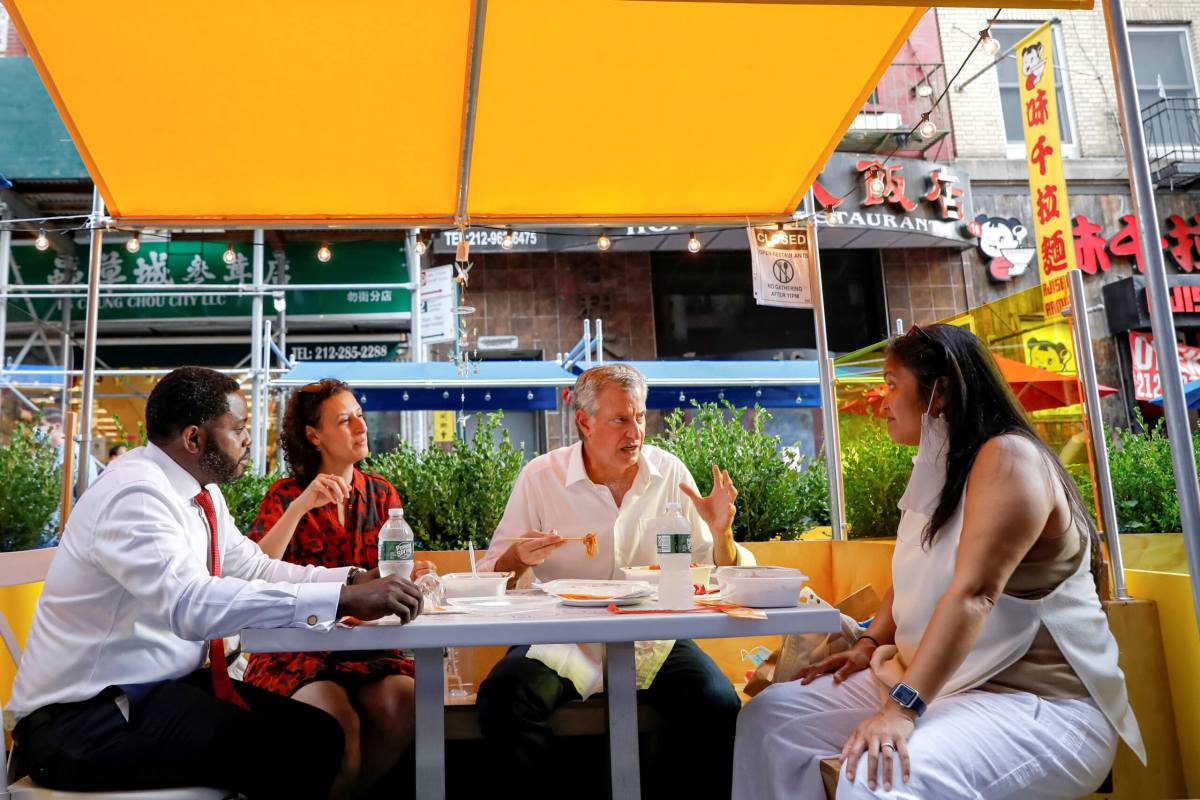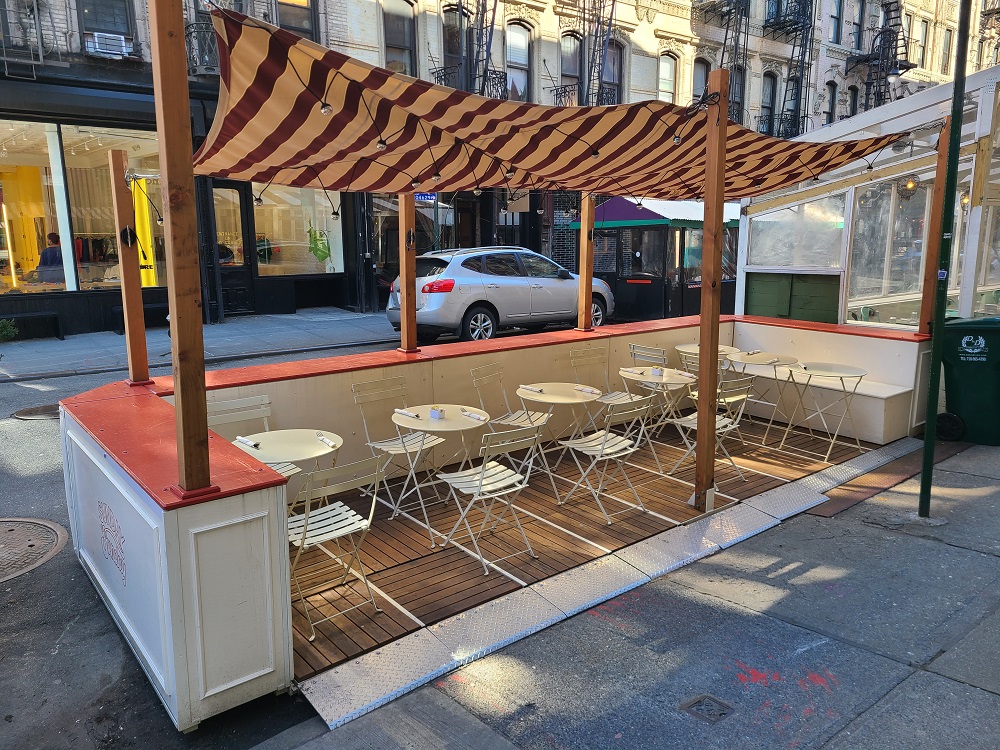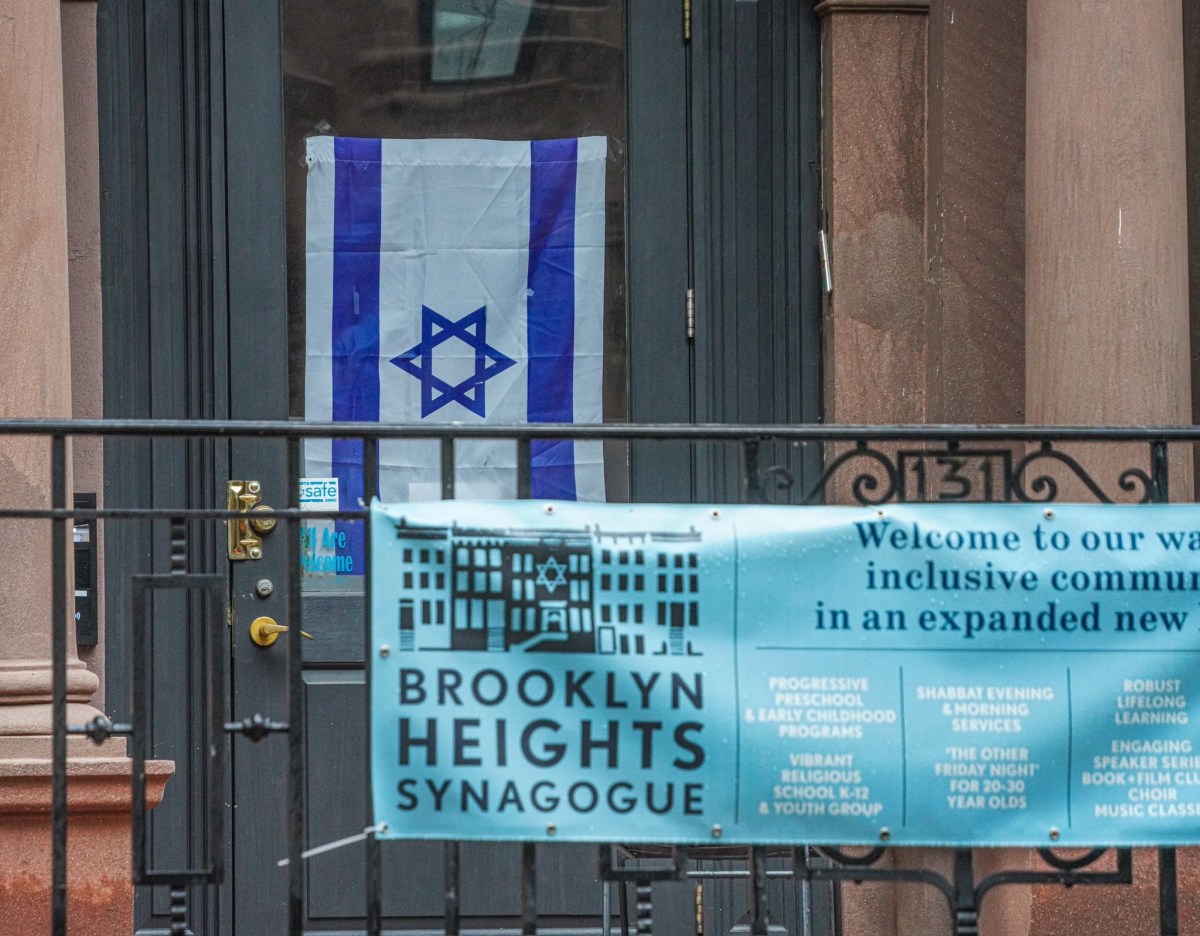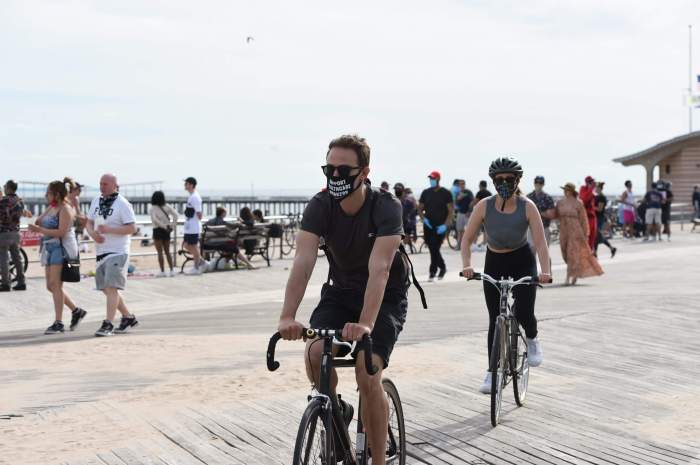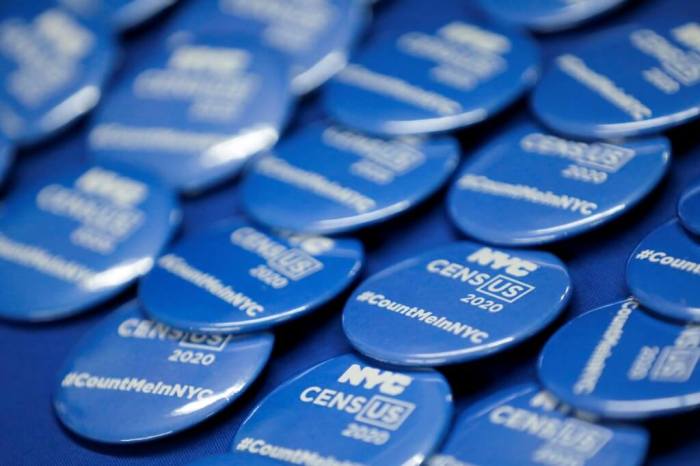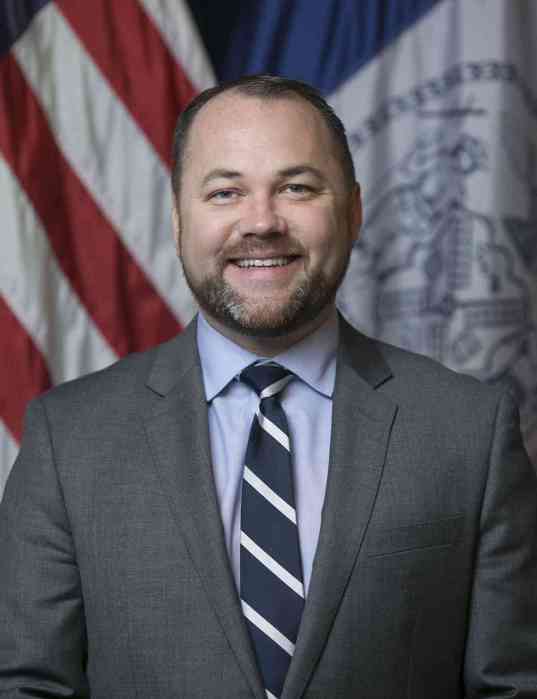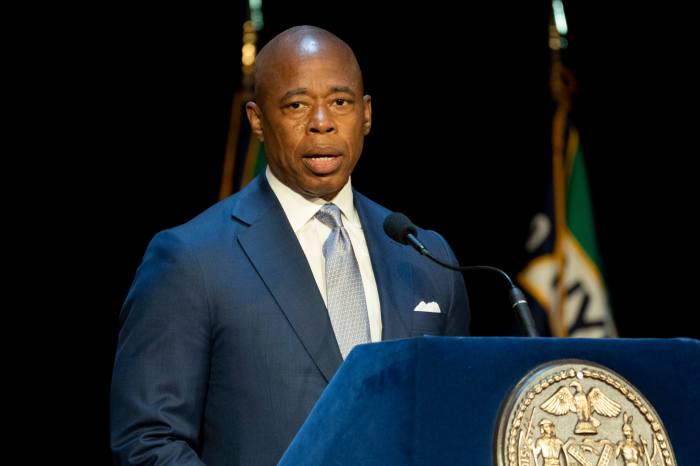Before getting into my opinions, I want to offer a few words about community luminary Buddy Scotto, who passed away a few weeks back at the age of 91. There were several well-written articles about him, but I wish to publicly offer my condolences to his family and all those whose lives were enhanced by him. I know I cared for him, and you probably wouldn’t be reading this if It hadn’t been for Buddy introducing me to the neighborhood over the last decade.
In my first column, I offered some hope for us, as a city, by noting we are part of the “social contract.” For that reason, even with all the problems we face, we have power and policy options to change for the better. I concluded by urging that the city be given “any tool” to avoid austerity, and with that, avoid over 20,000 layoffs. The ripple effects of layoffs would further damage the city’s economy. I also said that whatever one’s opinions of the mayor, we would not be punishing him. The resulting pain of such cuts will be felt by the citizenry and beyond his term, and I’m revisiting the issue to its urgency.
With the erratic Roid-Rager-in-Chief tweeting from the White House demanding that negotiations on stimulus be halted until after the election, the “any tool” option becomes immediate. As a public employee, you may object that I have a vested interest in this, and I do. However, just like every other public employee, every place where I spend money has a vested interest in avoiding these layoffs. Our money is no less green and no less beneficial to a business’ survival.
Think of it this way: “My spending is your earning.” If 20,000 public sector workers lose their jobs and curtail spending, store sales and revenue will plunge. We only have to look back at the impact public sector job losses had on slowing the recovery from the 2008 “Great Recession.”
So the city should be empowered to tax the billionaires who have added billions of wealth in this recession, be granted borrowing authority, and be given not only the power to raise income taxes but also to cut taxes on those most stressed. If you’re thinking, “The rich will just leave New York,” history suggests that they won’t. The rich have the good sense to want to live in the best possible place, which remains New York.
This is not the only set of policies we need. I don’t have enough space to get into everything we can do. Still, as I’ve suggested elsewhere, the bill of Brooklyn’s own Assemblymember Robert Carroll and State Sen. Andrew Gounardes compelling payouts on claims for “business interruption insurance” should be signed into law. It will come out of insurance company reserves and won’t cost the state government more than the ink in Gov. Andrew Cuomo’s pen. It would help save local and independent businesses that are our city’s circulatory system and stop sclerosis caused by vacant storefronts.
Avoiding layoffs and saving local businesses is vital to its merits. Still, it’s especially important because what we do now, during the pandemic, will determine a lot about the diversity of our post-pandemic city.
When we get past the pandemic, do we want to walk into a Panera Bread where a bodega used to be, and be waited on by a laid-off teacher?
Mike Racioppo is the District Manager of Brooklyn’s Community Board 6 and has been an adjunct professor at Brooklyn College. Follow him on Twitter @RacioppoMike.


